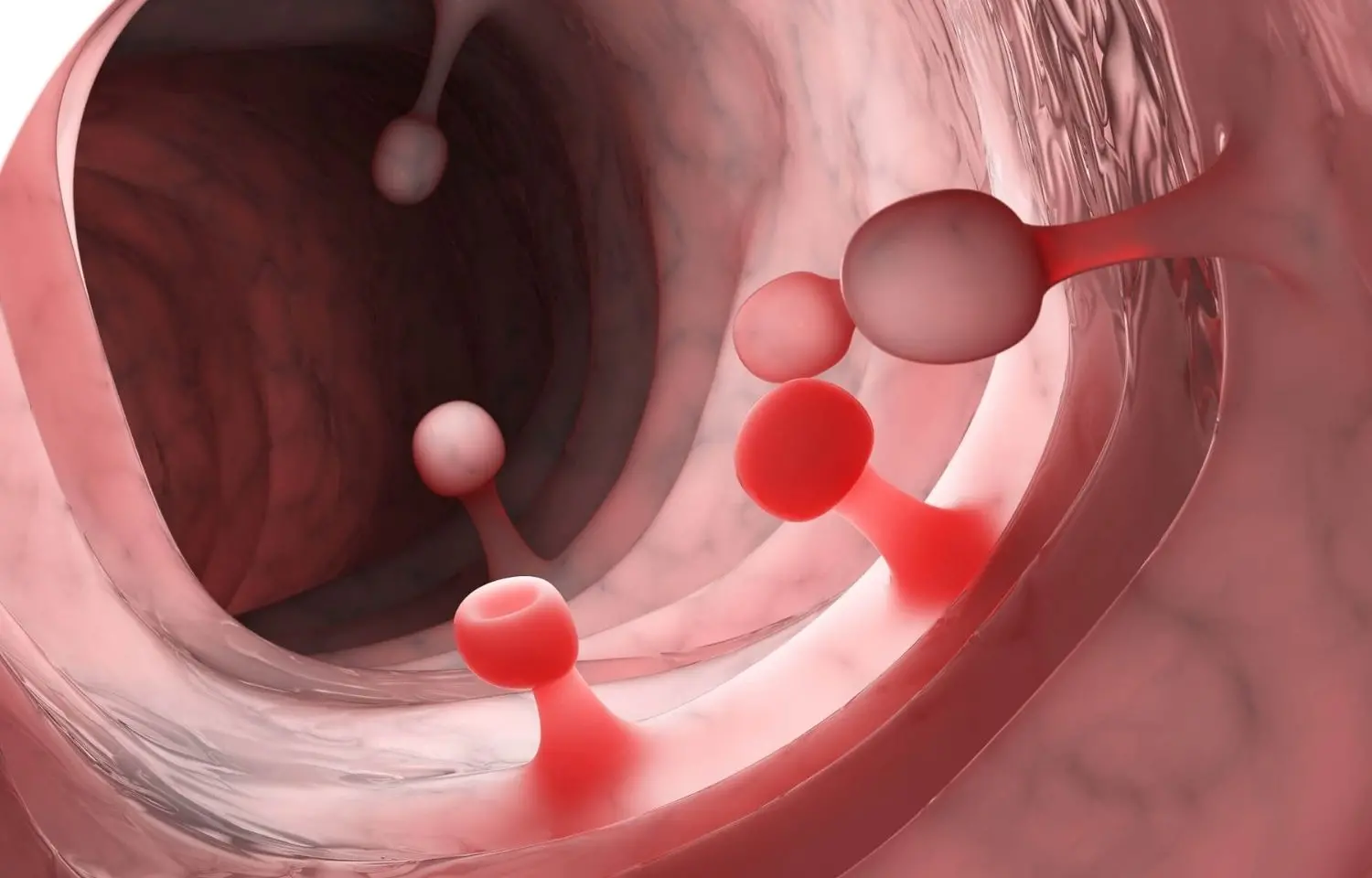- Home
- Medical news & Guidelines
- Anesthesiology
- Cardiology and CTVS
- Critical Care
- Dentistry
- Dermatology
- Diabetes and Endocrinology
- ENT
- Gastroenterology
- Medicine
- Nephrology
- Neurology
- Obstretics-Gynaecology
- Oncology
- Ophthalmology
- Orthopaedics
- Pediatrics-Neonatology
- Psychiatry
- Pulmonology
- Radiology
- Surgery
- Urology
- Laboratory Medicine
- Diet
- Nursing
- Paramedical
- Physiotherapy
- Health news
- Fact Check
- Bone Health Fact Check
- Brain Health Fact Check
- Cancer Related Fact Check
- Child Care Fact Check
- Dental and oral health fact check
- Diabetes and metabolic health fact check
- Diet and Nutrition Fact Check
- Eye and ENT Care Fact Check
- Fitness fact check
- Gut health fact check
- Heart health fact check
- Kidney health fact check
- Medical education fact check
- Men's health fact check
- Respiratory fact check
- Skin and hair care fact check
- Vaccine and Immunization fact check
- Women's health fact check
- AYUSH
- State News
- Andaman and Nicobar Islands
- Andhra Pradesh
- Arunachal Pradesh
- Assam
- Bihar
- Chandigarh
- Chattisgarh
- Dadra and Nagar Haveli
- Daman and Diu
- Delhi
- Goa
- Gujarat
- Haryana
- Himachal Pradesh
- Jammu & Kashmir
- Jharkhand
- Karnataka
- Kerala
- Ladakh
- Lakshadweep
- Madhya Pradesh
- Maharashtra
- Manipur
- Meghalaya
- Mizoram
- Nagaland
- Odisha
- Puducherry
- Punjab
- Rajasthan
- Sikkim
- Tamil Nadu
- Telangana
- Tripura
- Uttar Pradesh
- Uttrakhand
- West Bengal
- Medical Education
- Industry
Prophylactic clip closure reduces post-endoscopic mucosal resection bleeding, study finds

Australia: Prophylactic clip closure reduces the risk of clinically significant post-EMR (endoscopic mucosal resection) bleeding and can be performed following the EMR of large non-pedunculated colorectal polyps of 20 mm or larger in the right colon, says a recent study. The study appears in the journal The Lancet Gastroenterology & Hepatology.
Endoscopic mucosal resection is the mainstay for the management of large (≥20 mm) non-pedunculated colorectal polyps. In about 7% of the cases, clinically significant post-EMR bleeding occurs and is most frequently encountered in the right colon. Considering this, Sunil Gupta, Westmead Clinical School, University of Sydney, Sydney, NSW, Australia, and colleagues aimed to assess the utility of prophylactic clip closure in preventing clinically significant post-EMR bleeding within the right colon.
For this purpose, the researchers conducted a randomized controlled trial at a tertiary center in Australia. Patients referred for the EMR of large non-pedunculated colorectal polyps in the right colon were deemed eligible. 231 Patients were randomly assigned in the ratio of 1:1 to receive a clip (n=118) or control (no clip; n=113) group.
Clinically significant post-EMR bleeding, defined as haematochezia necessitating emergency department presentation, hospitalisation, or re-intervention within 14 days post-EMR was the primary endpoint.
Key findings include:
- In the intention-to-treat analysis, clinically significant post-EMR bleeding was less frequent in the clip group than in the control group (four [3·4%] of 118 patients vs 12 [10·6%] of 113; absolute risk reduction 7·2%; number needed to treat 13·9).
- There were no differences between groups in adverse events, including delayed perforation (one [<1%] in the clip group vs one [<1%] in the control group) and post-EMR pain (four [3%] vs six [5%]).
- No deaths were reported.
"Prophylactic clip closure can be performed after the EMR of large non-pedunculated colorectal polyps of 20 mm or larger in the right colon to reduce the risk of clinically significant post-EMR bleeding and should be adopted as a standard of care," the authors concluded.
Reference:
Gupta S, Sidhu M, Shahidi N, et al. Effect of prophylactic endoscopic clip placement on clinically significant post-endoscopic mucosal resection bleeding in the right colon: a single-centre, randomised controlled trial. Lancet Gastroenterol Hepatol. 2022;7(2):152-160. doi: 10.1016/S2468-1253(21)00384-8
Dr Kamal Kant Kohli-MBBS, DTCD- a chest specialist with more than 30 years of practice and a flair for writing clinical articles, Dr Kamal Kant Kohli joined Medical Dialogues as a Chief Editor of Medical News. Besides writing articles, as an editor, he proofreads and verifies all the medical content published on Medical Dialogues including those coming from journals, studies,medical conferences,guidelines etc. Email: drkohli@medicaldialogues.in. Contact no. 011-43720751


